Enjoy Yourself!
A mitzvah that is done with simcha (happiness) is rewarded a thousand times more than a person who does the mitzvah but feels burdened by it.

“A bell and a pomegranate, a bell and a pomegranate, all around on the bottom hem of the robe, to serve as Hashem had commanded Moshe”. (Shemot 39:26)
R’ Ephraim Zalman Margolies from Brody, zt”l, known after his works the Beis Ephraim, was an incredible Torah scholar. Every day he would learn uninterrupted until midday. He told his wife not to disturb him for any reason, even if it was an opportunity to earn a significant amount of money.
One morning, a group of merchants arrived at the Rav’s home while he was still engrossed in his Torah study. They explained to the Rebbetzin that they were in a hurry to leave the town and they needed some money for their trip. Therefore, they were willing to sell their merchandise at a steep discount. Certainly, the items could be resold yielding a tremendous profit.
“This is my husband’s set time for learning,” the Rebbetzin replied. “You will need to wait until midday before you can discuss this matter with him.”
“We cannot wait, and your husband would want to know about this opportunity!” the merchants answered.
However, in her righteousness and purity, the Rebbetzin stood her ground. She was not going to violate her husband’s rule by disrupting his learning. Seeing that she could not be convinced, the merchants left and brought their offer to someone else.
After the Beis Ephraim finished learning for the day, the Rebbetzin told him the entire story with the merchants. When he realized that by not sacrificing a few minutes of learning to discuss this business deal with these merchants he had lost the opportunity of earning a large sum of money, he was overwhelmed with a rush of simcha.
He explained to his wife that the Heavens repay a person for the mitzvot that they do in this world. Since his learning was so cherished that he would not allow himself to be distracted even for a few minutes to earn thousands of rubles, every minute of his learning would be rewarded a thousand times over by Heavens.
This story demonstrates the joy and simcha a person should have when they are doing mitzvot. It expresses that according to how much someone values and cherishes that opportunity is the reward that he will receive.
Far More Than You Put In
When a Jew learns Torah or performs a mitzvah with simcha, his reward is multiplied and amplified.
The Rabbeinu B’Chayei wrote in Kad HaKemach (Erech Simcha): “When a person performs a mitzvah with simcha, his reward is a thousand times greater than a person who does it and feels burdened.”
The pasuk (Tehillim 126:5) says, “those who sow with tears will reap with song”… R’ Zushe from Anipoli, zt”l, explained that “Those who sow with tears” refers to the Jew who approach their Yiddishkeit and Avodat Hashem with a bitterness. And those who “with song” is referring to the Jews who joyously serve Hashem. They both “will reap”. However, there is a difference. As the next pasuk continues, the one who begrudgingly keeps Torah and mitzvot, “He will go along weeping, carrying the valuable seeds”… He only reaps what he sows. However, the person who approaches their Avodat Hashem with joy and simcha, someone who “will come back with song”, will “be carrying his bundles”… His Avodat Hashem will be rewarded with bundles of goodness, far surpassing what he had “planted”.
The Or Zaruah at the beginning of Hilchos Shabbos cites an incredible story: There was an uneducated Jew who had passed away. After his death, he appeared to the elder of the community and told him that he merited to enter Gan Eden solely because he would say brachot in shul with a tremendous joy and pleasant voice.
The Path to Higher Spiritual Heights
This approach to Avodat Hashem has another benefit beyond its reward in the World to Come. When a Jew infuses simcha into his observance of mitzvot, he becomes able to achieve amazing and wondrous spiritual heights. As the AriZal revealed that he merited to understand the depths of wisdom and attain Ruach HaKodesh because he would study Torah and perform mitzvot with a tremendous amount of simcha.
The Avnei Nezer, R’ Avraham from Cheknov, zt”l, once reunited with an old friend of his who studied with him in his youth. This person was also a Torah scholar and a sincere, g-d fearing person. And he asked the Rebbe, “What have you done to merit more than me? The entire world chases after you. They call you a Tzaddik and ‘holy’. My accomplishments are not inferior to yours; neither my learning nor my good deeds!”
“Tell me, when have you felt the greatest joy in your life,” asked the Rebbe.
After thinking for a moment, his friend replied, “I know! I once earned 10,000 gold coins at one time.”
The Rebbe replied: “I feel that same joy everyday but thousands of times more intense when I put on my tefillin. I do not only feel this type of joy when I am wearing them. But even before I put them on, when I have merely removed them from their bag, my heart can already feel this simcha.”
We witnessed many of the tzadikim, including my holy ancestor R’ Yitzchak Isaac from Kalov, zt”l, who would invest an enormous amount of energy into singing during davening and the Shabbos meals, because singing helps a person serve Hashem with joy and simcha, and, through this simcha, they received an abundance of rewards physically and spiritually.
Perhaps, this explains the reason for Hashem commanding that there needed to be bells and pomegranates on the garment that the Kohen Gadol would wear while doing his holy work:
A pomegranate represents an abundance of merit. The Shulchan Aruch explains that when we eat pomegranates on Rosh Hashanah we say, “may we be filled with merits like a pomegranate.” If a Jew wants an abundance of merits and blessings, he must perform mitzvot and study Torah with joy and song like the ringing of a bell. For, simcha unleashes a wellspring of merits and rewards.
**
The Kalever Rebbe is the seventh Rebbe of the Kaalov Chasidic dynasty, begun by his ancestor who was born to his previously childless parents after receiving a blessing from the Baal Shem Tov zy”a, and later learned under the Maggid of Mezeritch zt”l. The Rebbe has been involved in outreach for more than 30 years and writes weekly emails on understanding current issues through the Torah. Sign up at www.kaalov.org.


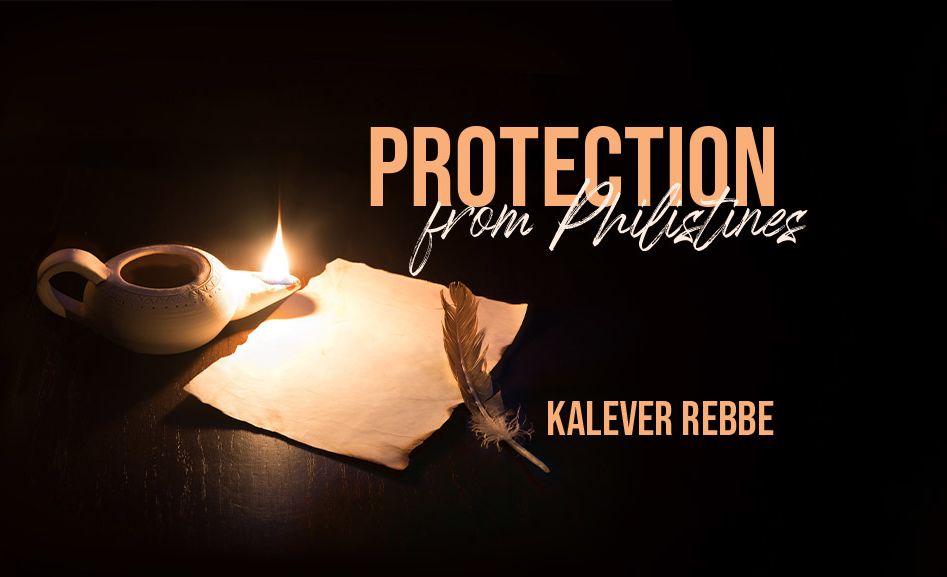

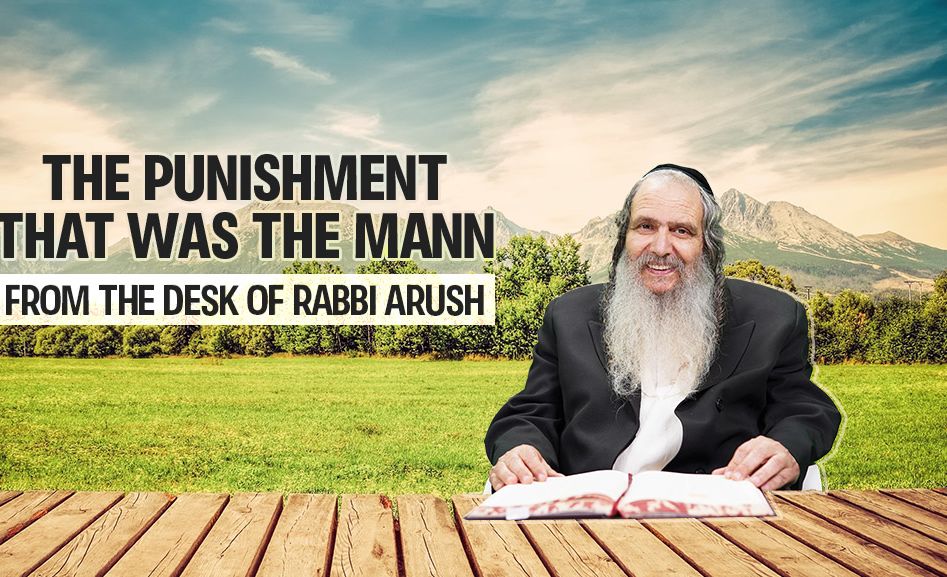




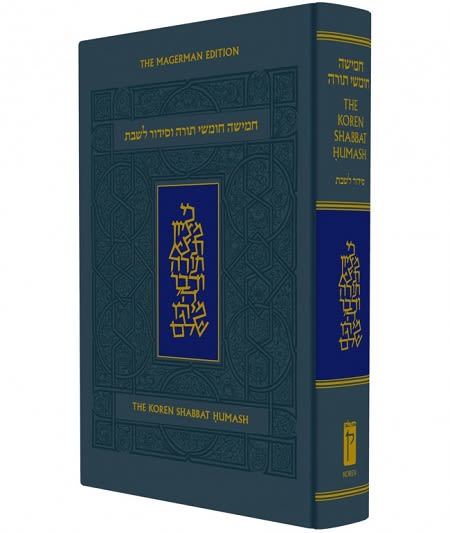
Tell us what you think!
Thank you for your comment!
It will be published after approval by the Editor.